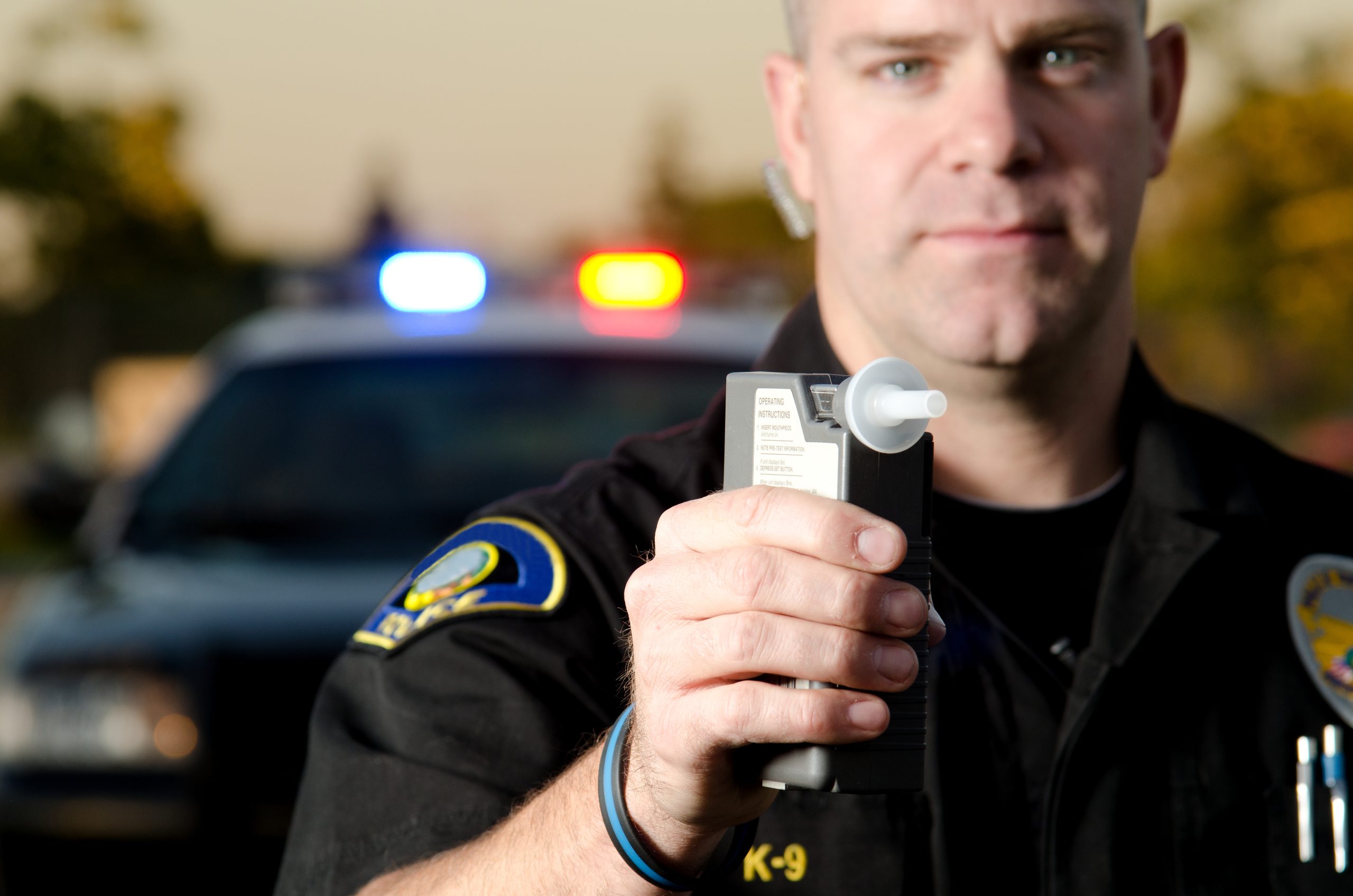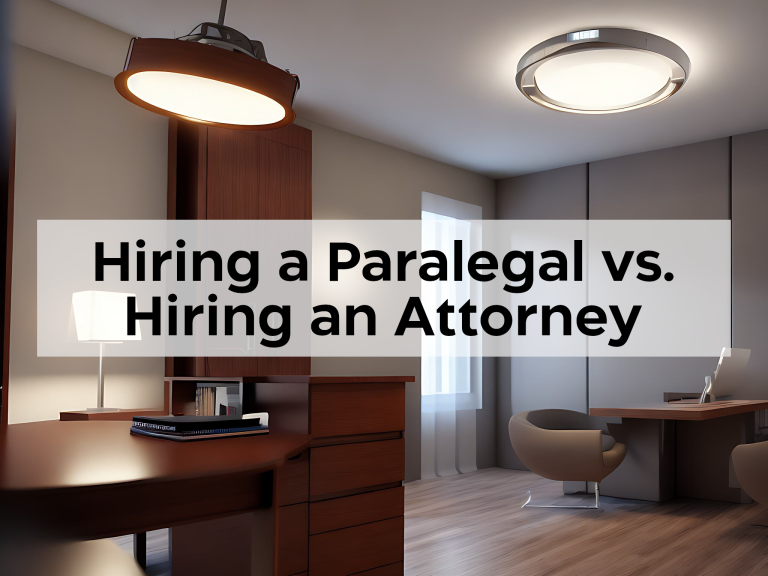DISCLAIMER: Altiorem Legal Services (hereinafter, “Altiorem”) cannot and does not provide legal advice. Altiorem is not a law firm; Altiorem’s staff are not attorneys, cannot act as attorneys, and do not act as attorneys; and any information provided by Altiorem in this article or otherwise is not a substitute for legal advice from an attorney. The information contained in this article should not be construed as legal advice, as it is not intended to be legal advice; the information in this article is provided for educational purposes only. Again, none of the information provided in this article should be construed as legal advice, and nobody should rely on or use the information contained in this article in their legal matters.
SUPPRESSABILITY OF A BREATHALYZER TEST
Driving a car is an easy way to get around, but it can lead to trouble when you are pulled over for driving under the influence. Driving under the influence and other related crimes can harm your future: your license can be suspended, and you can face jail time. However, there are ways to suppress evidence obtained via a breathalyzer test. Read below to find out more.
In the State of Utah, a person operating a motor vehicle is considered to have given their consent to a chemical test or tests of their breath, blood, urine, or oral fluids to determine whether they have been operating or has been in actual physical control of a motor vehicle while:
- having a blood or breath alcohol content statutorily prohibited under Section 41-6a-502, 41-6a-530, or 53-3-231;
- under the influence of alcohol, any drug, or a combination of alcohol and any drug under Section 41-6a-502; or
- having any measurable controlled substance or metabolite of a controlled substance in the person’s body in violation of Section 41-6a-517.1Utah Code § 41-6a-520.
If a person has been placed under arrest and has then been requested to submit to a chemical test but refuses to submit to the chemical test, it may result in (1) criminal prosecution; (2) revocation of their driver’s license to operate a motor vehicle; (3) a five- to ten-year prohibition of driving with any measurable or detectable amount of alcohol in their body depending on their prior driving history; and (4) a three-year prohibition of driving without an ignition interlock device.2See id.
BREATHALYZER CALIBRATION
Utah Code § 41-6a-515 states that
- the commissioner of the department shall establish standards for the administration and interpretation of chemical analysis of a person’s breath or oral fluids, including standards of training.
and,
- [i]n any action or proceeding in which it is material to prove that a person was operating or in actual physical control of a vehicle while under the influence of alcohol or any drug or operating with a blood or breath alcohol content statutorily prohibited, documents offered as memoranda or records of acts, conditions, or events to prove that the analysis was made and the instrument used was accurate, according to standards established in Subsection (1), are admissible if:
- (a) the judge finds that they were made in the regular course of the investigation at or about the time of the act, condition, or event; and
- (b) the source of information from which they were made and the method and circumstances of their preparation indicate their trustworthiness.
If the judge finds that the standards established under Subsection (1) and the conditions of Subsection (2) have been met, there is a presumption that the test results are valid and any further foundation for the introduction of evidence is unnecessary.
However, if the standards are not met during your breathalyzer test, the evidence could be suppressed. A breathalyzer device needs to be regularly calibrated and tested to ensure it functions correctly. If (1) the breathalyzer device is not up to date, (2) the officer who has detained you is not trained in administering breathalyzer tests, or (3) the breathalyzer device keeps failing when the officer is trying to administer the test, those are grounds upon which the evidence obtained through a breathalyzer test can be suppressed.
STANDARDS FOR A BREATHALYZER TEST
In most traffic stops involving driving under the influence, there is a fifteen-minute observation period before administering a breathalyzer test. The purpose of the observation period is to ensure that the suspect does not introduce anything into their mouth that might taint the test results of the breathalyzer device. While this requirement ensures that the suspect places no food, drink, or smoke into their mouth during the observation period, its most important function is to ensure that any alcohol in a suspect’s mouth is absorbed into the system before administering the test.3See State v. Vialpando, 2004 UT App 95, ¶ 18, 89 P.3d 209. (citing State v. Gardner, 1998–NMCA–160, ¶ 12, 126 N.M. 125, 967 P.2d 465).
The purpose of the observation period is satisfied if
- the suspect was in the officer’s presence for the entire period;
- it is clear that the suspect had no opportunity to ingest or regurgitate anything during the minimum observation period; and
- nothing impeded the officer’s powers of observation during the observation period.4See id.
If you are not provided with this fifteen-minute observation window, your breathalyzer test results could be suppressed—especially if (1) you were not within the officer’s presence the whole time, (2) you vomited, (3) you burped/regurgitated, or (4) you had gum or food in your mouth. If you are sitting in your vehicle without the officer present during this fifteen-minute waiting period, then there is no way the officer could have observed you; you must be in the officer’s presence for the entire fifteen-minute observation period; if not, then the breathalyzer test results could be suppressed.
CONTACT US TODAY!
Do you need help with suppressing a breathalyzer test? Let Altiorem help you today with affordable, top-quality legal services.
Expertise. We are knowledgeable, skilled, and experienced in the process of breathalyzer test suppression and in drafting all manner of legal documents, such as briefs, pleadings, motions, memoranda, letters, contracts, etc. If you need a top-quality, professional, excellently written, well-researched, and compelling legal document drafted, then look no further!
Quality. We produce top-quality, properly written legal documents with impeccable grammar, punctuation, spelling, structure, flow, information, compelling legal arguments, and persuasive legal conclusions. You can see the quality of our work on our work samples page, where you can peruse and evaluate our writing, as well as our other blog posts.
Experience. Our paralegals are highly experienced in working with attorneys, other paralegals, and court personnel.
Customer Care. Navigating the Utah legal system can be daunting and confusing. Let Altiorem relieve your stress and be your guide. Altiorem has a team of professional paralegals ready to work for you. We want to give you the best chance at getting an outcome for your case that you will be happy with. We are happy to receive documents via email from you, speak with you on the phone, look through court files, or even translate documents (English / Spanish)!
Accessible. If you are interested in retaining our services, we can be contacted at (801) 855-6541 (text or call) and at altiorem@altioremlegalservices.com. If you have a project in mind that you would like us to work on, please click here to send us a project request and get a quote. Alternatively, you can send us an email detailing the work you need to be performed, and a real person will respond promptly.
Thank you for your attention and consideration.



